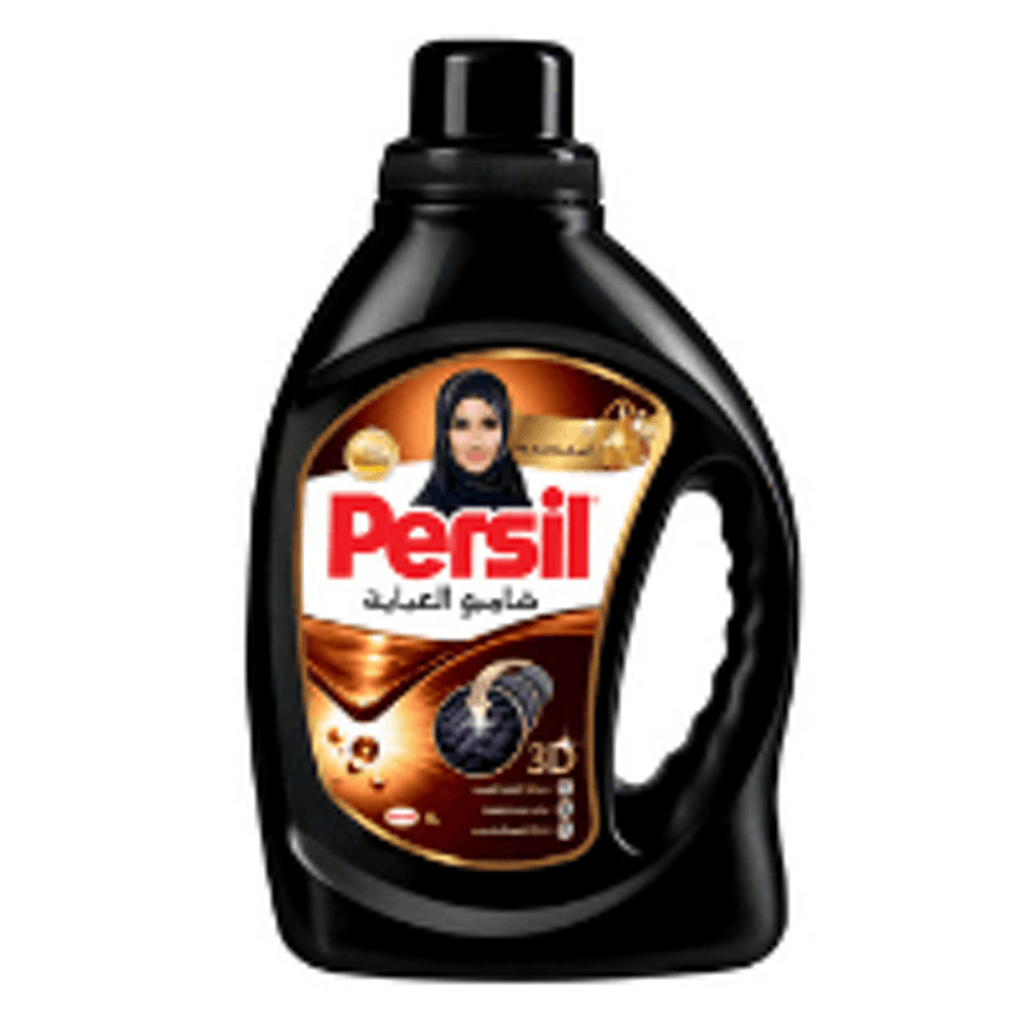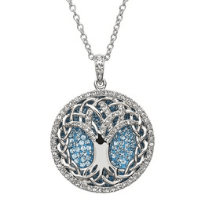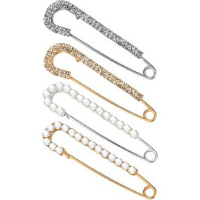An alcoholic narcissist, or someone with narcissistic personality disorder, is one of many conditions that can co-occur with alcoholism, or alcohol use disorder (AUD). Understanding the dynamics between these conditions is vital for recognizing the struggles faced by individuals and their loved ones. With the right support, treatment, and commitment to recovery, it is possible to break free from the cycle of narcissism and alcoholism and build healthier and more fulfilling lives. Finding a way out of the complex web of bipolar narcissistic alcoholism requires a comprehensive and personalized approach.
Ensuring that the alcoholic narcissist remains committed to ongoing therapy is crucial for successful rehabilitation and the gradual restoration of a healthy family dynamic. This tandem of disorders can create a tense and erratic environment, filled with emotional highs and lows, which is challenging for both the individual and their loved ones. Picture a stormy sea where control and stability are elusive, leaving a profound impact on everyone involved. The need for control clashes with impaired judgment, creating a volatile aura that no healthy relationship can sustain for long. The emotional turbulence affects everyone, making it vital to understand and address these intertwined conditions. This combination of alcohol abuse and heightened narcissistic traits results in a dangerous spiral of self-destructiveness, harming both the individual and their relationships.
- It didn’t allow me to believe I could do anything different than the broken model shown to me.
- With that said, there are challenges to delivering appropriate care for the dual diagnosis.
- Navigating the turbulent waters of living with an alcoholic narcissist is challenging.
- It involves addressing both the personality disorder and the addiction simultaneously.
Similarly, using alcohol doesn’t mean a person with NPD has AUD, even if there have been incidents of extreme intoxication.
Join a Support Group
They rely on external validation to maintain their self-worth and may experience intense feelings of insecurity when not receiving admiration or praise. A hallmark trait of both NPD and alcoholic narcissism is a notable lack of empathy 2. These individuals struggle to understand or connect with the emotions and experiences of others, placing their desires above the well-being of those around them.
MENTAL HEALTH
Constant criticism and belittling are common tools used to wear down the victim’s self-esteem, reinforcing the narcissist’s control over them. Understanding what triggers a person is multifaceted and may involve past experiences or unmet needs. So, to all those on a journey of healing and self-discovery, know that you are not alone, and your resilience shines brighter than you may realize. Embrace your story, embrace your truth, and create a narrative that uplifts and empowers you to step into the fullness of who you are. The deep-rooted scars left by such traumatic upbringings manifest in various aspects of their lives, shaping their relationships, self-perception, and approach to the world around them.
NPD is characterized by a persistent pattern of grandiosity and need for admiration, while AUD involves a problematic pattern of alcohol use leading to significant impairment. Mood-related symptoms may include irritability, anxiety, and depression, especially when unable to drink. When confronted, a covert narcissist may initially deny or deflect responsibility, gaslight the accuser, or play the victim to manipulate the situation. By embracing our past and nurturing ourselves with compassion and empathy, we pave the way for a brighter, more empowered future.
Consistent and firm communication about unacceptable behaviors is necessary. Family members must ensure the alcoholic narcissist comprehends the repercussions of crossing these boundaries. Avoiding enabling behaviors, such as covering for the person or providing them with alcohol, is necessary to prevent perpetuating the cycle of dependency and narcissistic tendencies. Family and friends have a crucial role in guiding an alcoholic narcissist towards recovery. Their support is invaluable, yet it must be carefully balanced with firm boundaries to prevent enabling behavior.
In some cases, setting boundaries and practicing self-care can mitigate the impact of triggers. When a person consumes alcohol, their inhibitions can decrease, leading to potential changes in behavior and decision-making. Alcohol can affect individuals differently, but it often amplifies pre-existing personality traits. To mitigate the impacts, it’s imperative to reduce alcohol consumption and seek the right support. Establishing clear boundaries is essential in safeguarding one’s well-being and fostering healthier relationships.
Future Directions in Treatment and Research
However, some with NPD may not be aware of how their behavior affects others. Knowing the signs and symptoms of each condition can help you identify which one is at play. PTSD is a psychiatric disorder that affects people who have witnessed or experienced traumatic events. Often described as a manic-depressive illness, this condition involves erratic mood swings that go from extreme highs to severe lows.
Self-care Tips for Dealing with a Narcissistic Alcoholic
They may take advantage of people’s vulnerabilities, emotions, or resources without remorse. My home lacked unconditional love, connection, empathy, and compassion because these broken people created my home. Practice effective communication by expressing your feelings assertively and constructively.
If people have risk factors for AUD, feel they are drinking excessively, or cannot control their alcohol intake, they can speak with a healthcare professional. According to a 2018 article, due to the common co-occurrence of personality disorders and AUD, it is important that substance misuse services screen for personality disorders and vice versa. If you are an enabler in a narcissist’s life, it is important to recognize your role in the dynamic and take steps to change it. This may involve setting boundaries with the narcissist, seeking support from a therapist or support group, and learning to prioritize your own needs and well-being. Enablers may provide the narcissist with financial support, emotional validation, and other resources to maintain their lifestyle. They may also shield the narcissist from the consequences of their actions, such as legal or financial problems.
This might include joining Alcoholics Anonymous (AA) and other 12-step programs that offer nonjudgmental peer support to others living with AUD. You can also join a local support group offered by the National Association of Mental Illness (NAMI), which addresses substance use when NPD and other mental health disorders. For instance, NPD and AUD both involve psychotherapy, but the formats for each can vary. For NPD, it may involve individual or group counseling using cognitive behavioral therapy, schema-focused therapy, and dialectical behavior therapy.
They also might attack people who point out what they’re trying to hide or deny. For information about the terms governing the use of our website and how we handle data, please refer to our Terms of Use and Privacy Policy. Dr. Jenni Jacobsen, PhD is a medical reviewer, licensed social worker, and behavioral health consultant, holding a PhD in clinical psychology. Contact Dove Recovery today if you or someone you love is struggling with alcohol addiction — we are here to help.
Hi, I’m Emily Thompson, a psychologist with years of experience, and the voice behind narcissisticmind.com. I’m passionate about helping people understand and navigate the complexities of narcissistic behavior. I love turning psychological concepts into relatable advice, mixing real-life stories with practical strategies. My goal is to empower you with the tools and insights you need to build emotional resilience and healthier relationships.
- For narcissists, manipulation is a way to use someone to get the reactions or attention they desire.
- People with AUD may be unable to reduce or stop drinking despite experiencing the negative effects of alcohol or a desire to quit.
- A 2019 study looked at the link between narcissism and alcohol consumption in a questionnaire of 345 college students.
- Learning healthy coping strategies can help them remain sober when they face triggers.
Discover more from How Corona Virus Saved My Life: A Mental Health Podcast
Navigating the labyrinth of support systems for an alcoholic narcissist demands unwavering resolve and compassionate guidance. This section delves into the dual aspects of setting boundaries and the layered process of rehabilitation. When these two disorders co-occur, the overlapping characteristics become even more pronounced.
Remember to prioritize your mental and emotional well-being, stay calm, manage expectations, and consider professional help when needed. Building a support network, enhancing communication skills, and educating yourself on narcissism and alcoholism are crucial steps in managing these complex relationships. Remember to avoid enabling behaviors and seek professional help when needed. By implementing these strategies, you can effectively handle interactions with narcissistic alcoholics while safeguarding your boundaries. When examining the impacts of a covert narcissist alcoholic on relationships and the environment, it alcoholic narcissistic mother becomes evident how their behaviors can create a challenging and disruptive atmosphere.






































